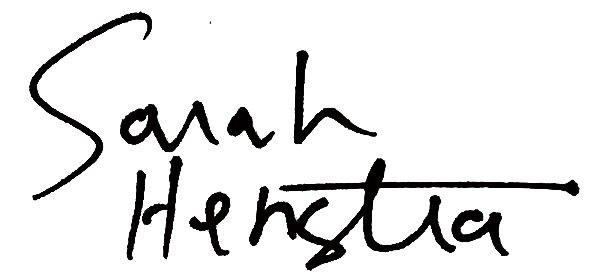Selected Essays
Two years ago, I drove eight hours south from Toronto with two friends to participate in the Women’s March on Washington DC. That night we hand-lettered our posters (“This pussy grabs back!”) and stitched up the final seams of our pink knitted hats.
The author of The Red Word remembers a ubiquitous poster. Clarissa Pinkola Estés’ book Women Who Run with the Wolves was published by Ballantine in 1992, and it spent a record 145 weeks on the New York Times bestseller list. The book excited and inspired women across cultural, generational and political lines.
There’s something about our oldest stories that never gets old. Rereading classical mythology is for me an exercise in surprise and recognition mixed together. . .I believe that myths hit us somewhere below the brain, at some irrational, dreamlike level that somehow feels truer than ordinary stories.
When I was ten years old, my best friend Tracy* and I made an excursion one Saturday to the public library. With our bags full of newly checked-out books, we were unlocking our bikes when a couple of teenaged girls, smoking cigarettes on a nearby bench, started to harass us.
In 1940, the world watched Rhett Butler haul Scarlett O’Hara up a grand flight of red-carpeted stairs. Straddling a very fine line between healthy sex and rape, the scene has divided audiences of Gone With the Wind for decades. At the centre of the debate is our tendency to mystify sex: songs and books seem to get hotter after they’ve been banned; forbidden love makes for a steamier romance.
On Sunday afternoons, I’ve been attending a creative writing workshop led by award-winning poet Hoa Nguyen. We read aloud, paragraph by paragraph, from Gertrude Stein’s Tender Buttons and then write our own poetry with the help of Hoa’s prompts. As a novelist I’m a bit intimidated by poetry — by Gertrude’s poetry, in particular.
Shocking revelations, a barrage of headlines, rising public outrage, hashtag activism, and… fiction. My novel The Red Word has been launched at the height of the #MeToo movement, and from its first days on the market it’s been praised for being ‘timely.’
Why you should keep your writing secret
Do you remember writing notes to your parents back when you first learned how to write words? Don’t look, don’t look! you’d say, hunched over the paper to shield your work as you laboured over each letter. But when you were finally finished, you’d say Look, look!
John Greyson's documentary-opera film Fig Trees made for one of 2009's most popular and critically celebrated screenings at international festivals. Billed as "a tribute to the warrior saints of AIDS activism," the film offers at once a gorgeous, intensely moving portrait of loss and a withering parodic critique of the consolatory and mythologizing practices associated with public remembrance today.









